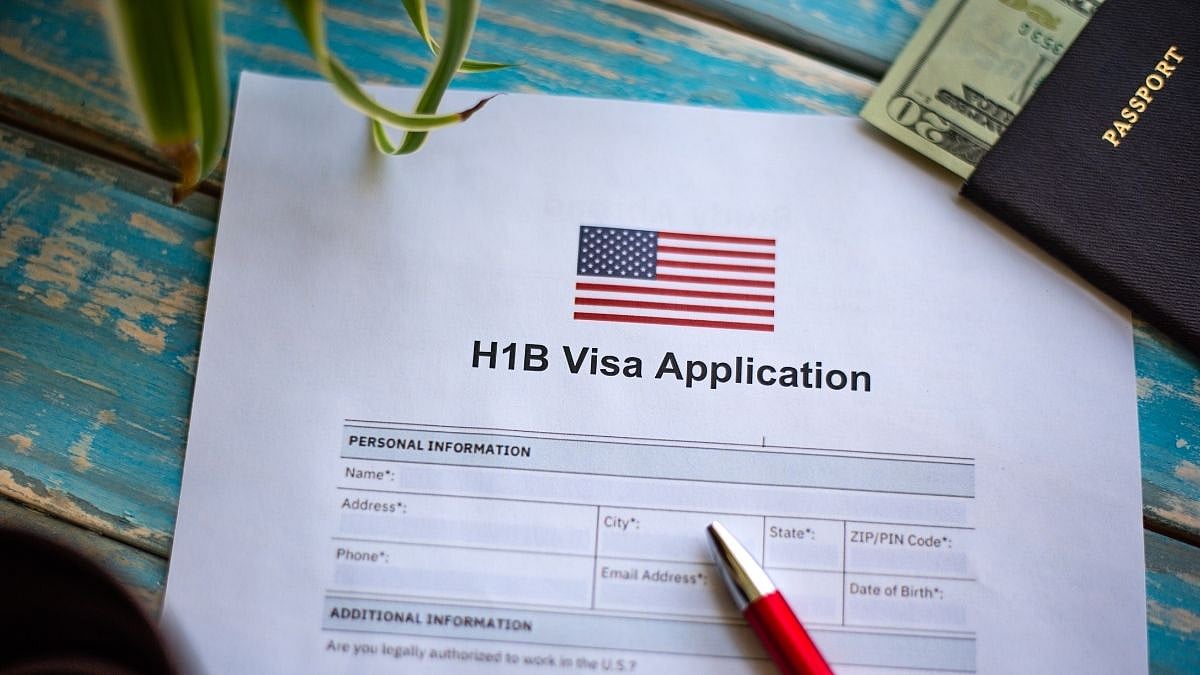USCIS Clarifies $100,000 H-1B Fee Excludes Status Changes, Extensions, and Current Visa Holders
This USCIS clarification provides crucial relief and certainty for many current H-1B visa holders and those seeking to adjust their status within the U.S., mitigating some of the immediate financial burdens imposed by the new fee.

Subscribe to our newsletter and stay informed about latest H1B news, policy updates and and other developments.
Article Summary
USCIS guidelines clarify that the Trump administration's $100,000 H-1B visa fee does not apply to applicants seeking a 'change of status' or 'extension of stay' within the U.S. The fee also exempts previously issued, valid H-1B visas and petitions submitted prior to September 21, 2025. This clarification comes amidst a lawsuit filed by the US Chamber of Commerce challenging the fee's legality.
Original Article: freepressjournal.in
[ Sentiment: positive | Tone: factual ]
This summary and analysis were generated by TheNewsPublisher's editorial AI. This content is for informational purposes only; it does not constitute legal or immigration advice.
[ Sentiment: positive | Tone: factual ]
This summary and analysis were generated by TheNewsPublisher's editorial AI. This content is for informational purposes only; it does not constitute legal or immigration advice.
TNP AI: Key Insights
This clarification is significant for thousands of H-1B visa holders and their employers, as it narrows the scope of the $100,000 fee. It provides immense relief by confirming that internal status changes and extensions are exempt, preventing widespread disruption for the existing skilled workforce and the businesses that rely on them.
The $100,000 fee was part of a broader Trump administration effort to restrict skilled immigration, often through executive proclamations. This particular proclamation, and its subsequent clarification, highlights the dynamic and often uncertain nature of U.S. immigration policy, suggesting that the legality of such high fees and executive overreach will continue to be challenged, potentially leading to further judicial interventions or policy reversals.




